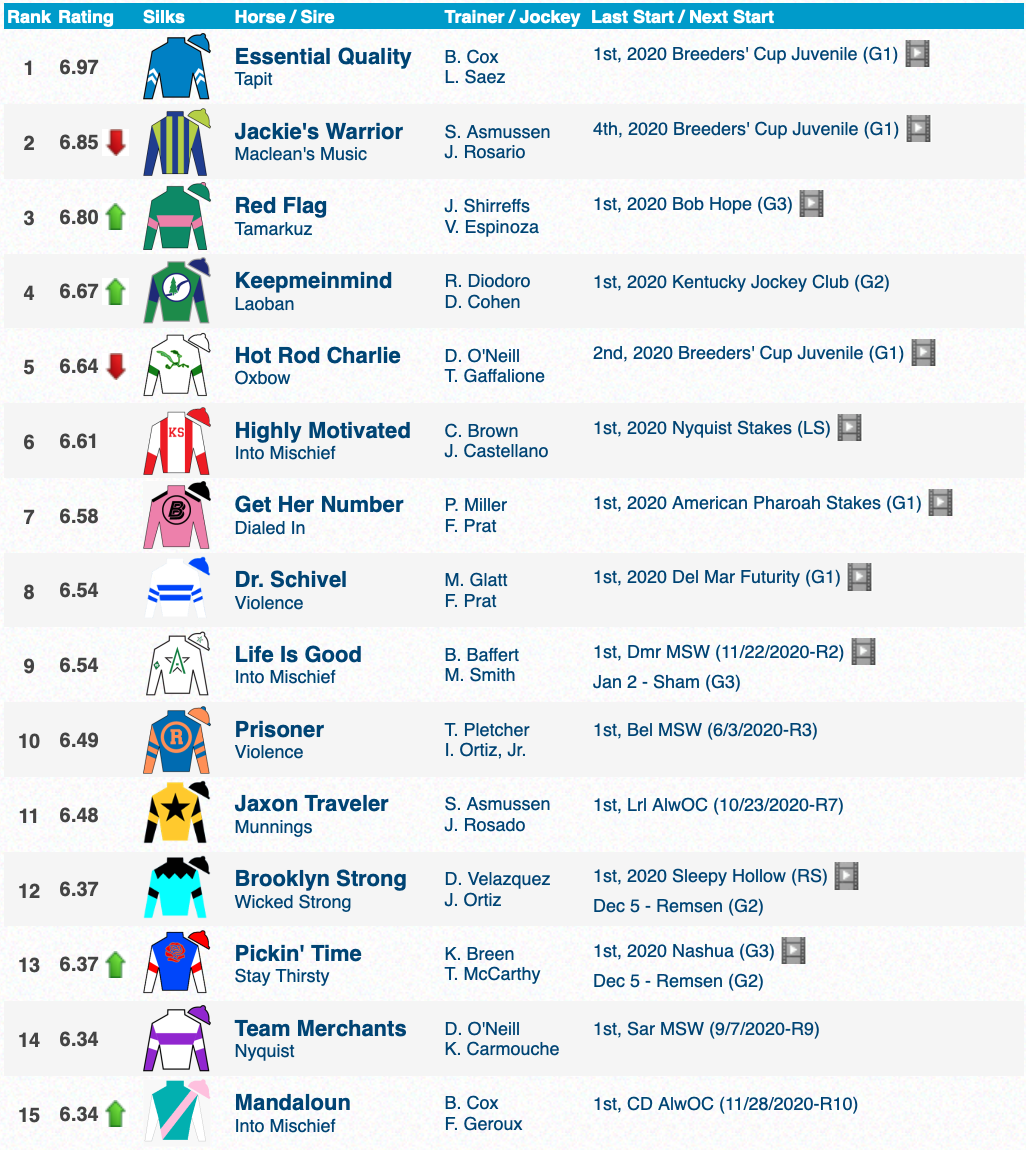Singapore's General Election: The Ruling Party Faces Its Biggest Challenge

Table of Contents
Rising Opposition Support and Shifting Voter Sentiment
The upcoming Singapore's General Election is witnessing a surge in support for opposition parties, signaling a shift in voter sentiment. This growing influence is evident across multiple indicators.
-
Increased Media Coverage and Social Media Engagement: Opposition parties are enjoying significantly more media attention and social media engagement than in previous elections. This increased visibility allows them to reach wider audiences and directly address voter concerns. Online discussions and debates are flourishing, indicating a more dynamic and engaged electorate.
-
Growing Dissatisfaction: While Singapore enjoys a high standard of living, there's a palpable sense of growing dissatisfaction among certain segments of the population, particularly regarding the cost of living and housing affordability. These issues resonate deeply with younger voters and families struggling to meet rising expenses.
-
By-Election Results: Recent by-election results offer a glimpse into this shifting sentiment, demonstrating improved performance by opposition parties and a shrinking margin for the PAP in certain constituencies. This points towards a more fragmented electorate and a potential erosion of the PAP's traditional dominance.
-
Specific Opposition Parties and Policies: Parties like the Workers' Party (WP) and the Singapore Democratic Party (SDP) are actively campaigning on platforms addressing key concerns such as income inequality, healthcare accessibility, and environmental sustainability. Their nuanced policy proposals are gaining traction, reflecting a desire for alternative approaches to governance.
-
Data and Statistics: While precise figures require further analysis closer to the election, available polling data and social media analytics suggest a growing level of uncertainty surrounding the election outcome, a stark contrast to previous elections.
Key Policy Debates Shaping Singapore's General Election
Several key policy debates are shaping the narrative of this Singapore's General Election, highlighting the evolving priorities of Singaporean voters.
-
Housing Affordability: The persistently high cost of housing remains a major concern. Different parties propose varying solutions, ranging from increased government subsidies to revisiting land sales policies and exploring alternative housing models.
-
Healthcare Costs and Access: The rising cost of healthcare is a pressing issue for many Singaporeans. Debates focus on improving affordability, increasing accessibility, and strengthening the public healthcare system.
-
Economic Inequality: Growing income disparity is a key concern. The election campaign sees discussions on wealth redistribution, progressive taxation, and policies aimed at ensuring a fairer distribution of economic opportunities.
-
Foreign Worker Policies: The impact of foreign workers on the local job market and the overall social fabric continues to be a significant debate. Different parties offer contrasting approaches to managing foreign worker influx and protecting the interests of Singaporean citizens.
-
Environmental Concerns and Sustainability: Growing awareness of environmental issues is leading to increased focus on sustainability initiatives, including green technologies, renewable energy, and waste management. Parties are outlining their plans to address climate change and build a more sustainable future for Singapore. Each of these policies is directly linked to the platform of various parties, creating a rich ground for political debate.
The PAP's Strategies and Challenges in Maintaining Power
The PAP, despite its long-standing dominance, faces its greatest challenge in this Singapore's General Election. Their strategies are crucial in their bid to maintain power.
-
Track Record and Achievements: The PAP will undoubtedly highlight its decades-long track record of economic growth, infrastructural development, and maintaining social stability.
-
Response to Public Concerns: The effectiveness of the PAP's response to rising concerns regarding cost of living, housing affordability, and healthcare costs will be a key factor in determining voter support.
-
Campaign Messaging and Target Audience: The PAP's campaign messaging will likely focus on maintaining stability and economic progress, while also addressing concerns raised by the opposition and the public.
-
Vulnerabilities and Weaknesses: The PAP's potential vulnerabilities lie in its perceived inability to quickly adapt to shifting public sentiment and its handling of recent controversies.
-
Leadership's Role: The role of the PAP's leadership and its ability to connect with voters, particularly younger generations, will be crucial in determining the election's outcome.
The Impact of Social Media and Online Discourse
Social media plays an increasingly significant role in shaping public opinion and political discourse during this Singapore's General Election.
-
Dissemination of Information and Narratives: Online platforms serve as powerful tools for disseminating information and shaping narratives around key policy issues and candidates.
-
Misinformation: The potential for the spread of misinformation and fake news poses a significant challenge to the integrity of the electoral process.
-
Online Sentiment: Analyzing online sentiment towards different parties and candidates provides valuable insights into public opinion and voter preferences.
-
Voter Turnout: Social media campaigns can significantly impact voter turnout by encouraging engagement and facilitating information sharing among voters.
Conclusion
This Singapore's General Election is undeniably the most competitive in recent history. The rising support for opposition parties, coupled with significant policy debates and the influence of social media, presents unprecedented challenges for the PAP. The outcome will significantly shape Singapore's political landscape and its future trajectory. Understanding the key issues, analyzing the different party platforms, and engaging in informed discussions are crucial. Stay informed about the Singapore's General Election, engage in thoughtful discussions about the key issues, and most importantly, exercise your right to vote and participate in this critical moment in Singaporean democracy. Your voice matters in shaping the future of Singaporean elections and the political landscape in Singapore.

Featured Posts
-
 Emma Stones Oscars 2025 Look A Bold Sequin Louis Vuitton Dress And Classic Pixie
May 04, 2025
Emma Stones Oscars 2025 Look A Bold Sequin Louis Vuitton Dress And Classic Pixie
May 04, 2025 -
 Shrewsbury Visit Nigel Farage Criticizes Conservatives Purchases Flat Cap
May 04, 2025
Shrewsbury Visit Nigel Farage Criticizes Conservatives Purchases Flat Cap
May 04, 2025 -
 Pandemic Fraud Lab Owner Convicted Of Falsified Covid Test Results
May 04, 2025
Pandemic Fraud Lab Owner Convicted Of Falsified Covid Test Results
May 04, 2025 -
 Chinas Automotive Market A Case Study Of Bmw And Porsches Experiences
May 04, 2025
Chinas Automotive Market A Case Study Of Bmw And Porsches Experiences
May 04, 2025 -
 Meet The Jockeys Your 2025 Kentucky Derby Preview
May 04, 2025
Meet The Jockeys Your 2025 Kentucky Derby Preview
May 04, 2025
